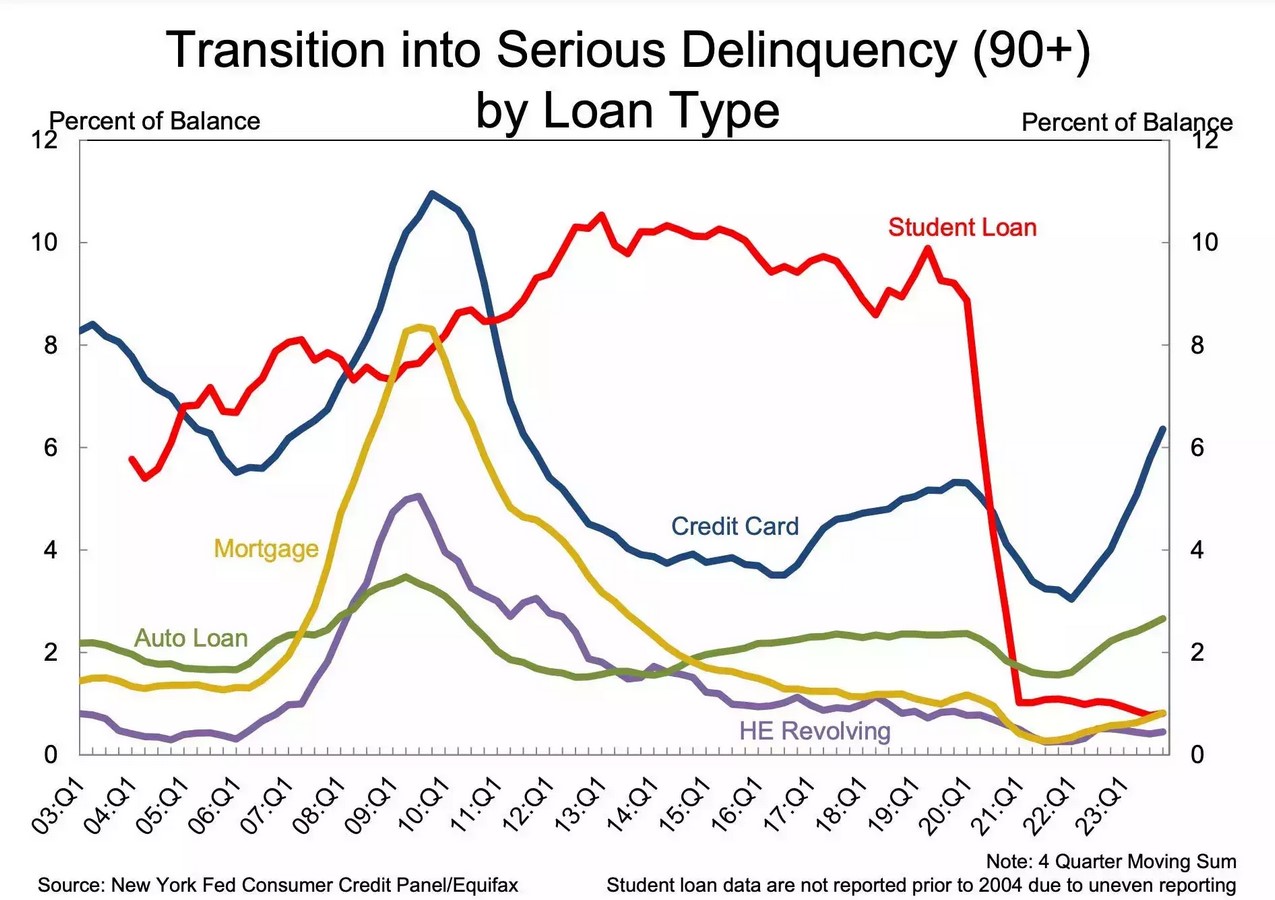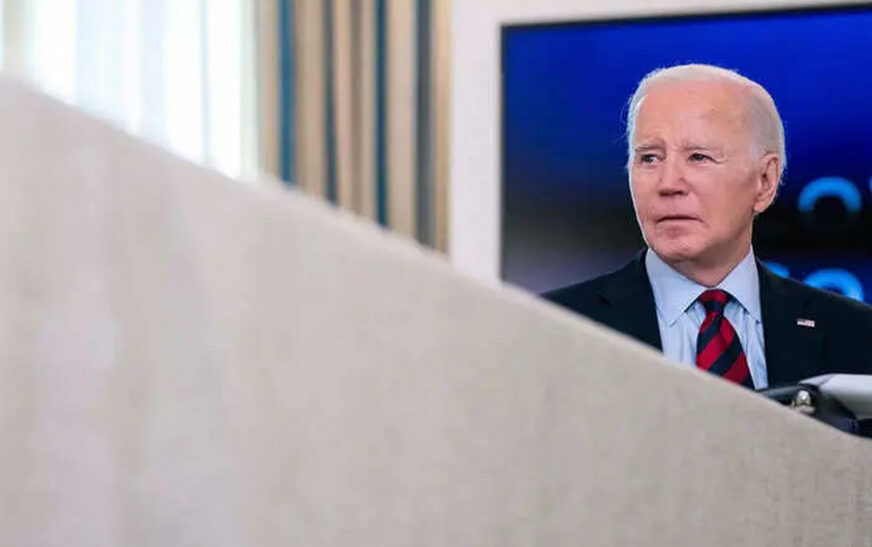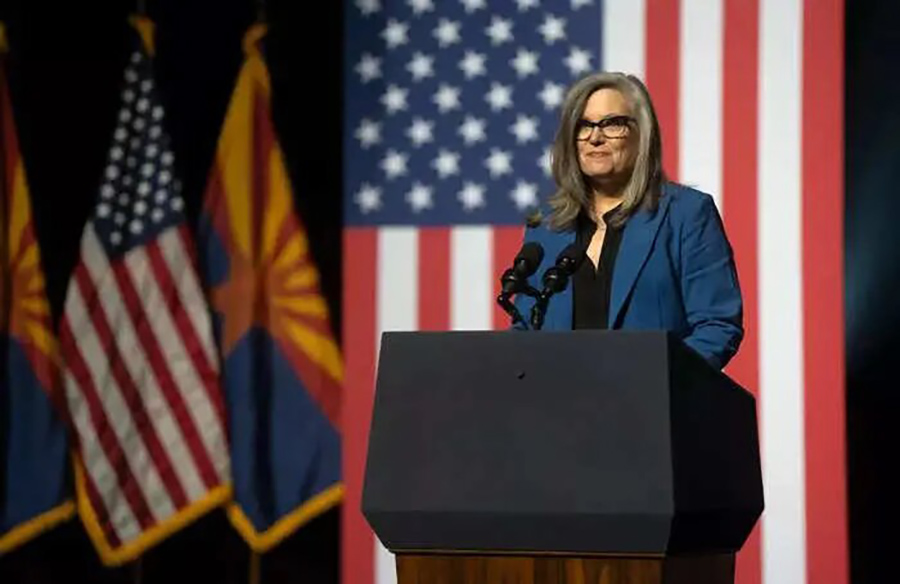The Biden administration’s recent move to cap credit card late fees at $8 could potentially bring substantial relief to American consumers, with estimates suggesting a significant boost to household expenditures and the overall economy.
The Policy Change
On March 5, the Consumer Financial Protection Bureau (CFPB) finalized a rule to restrict credit card late fees to $8, marking a significant reduction from previous fee levels. This policy shift aims to address rising credit card interest charges and fees, which have contributed to record levels of credit card debt among Americans.
Economic Impact Assessment
An economic impact study conducted by IMPLAN indicates that this change could inject over $2.7 billion into household expenditures annually. Furthermore, it is projected to lead to a $3.6 billion increase in the US Gross Domestic Product (GDP) and support approximately 34,000 jobs each year.

Rationale Behind the Reform
The Biden administration’s decision to limit credit card late fees is part of a broader effort to combat “junk fees” and enhance consumer protections. These fees, often hidden or unclear to consumers, have been a significant financial burden, costing Americans billions of dollars annually.
Potential Savings for Consumers
The CFPB estimates that Americans collectively pay around $12 billion in credit card late fees annually. By enforcing the $8 limit, the administration aims to save consumers up to $9 billion per year. This relief could translate to savings of up to $220 per year for the approximately 45 million individuals charged late fees annually.
Concerns and Opposition
While the move is welcomed by many, there are concerns that credit card companies may offset their losses by increasing costs for all users. Critics argue that such measures could disproportionately affect small businesses and low-income households, potentially limiting access to credit.

Economic Benefits Across Industries
The positive impact of reduced credit card late fees extends beyond individual consumers. Various industries, including food, medical services, and real estate, are expected to benefit from increased consumer spending:
- The food industry is projected to receive a boost of approximately $447 million, with increased spending on immediate needs such as groceries and dining out.
- Employment services are expected to see growth, driven by increased demand in sectors like food and retail.
- The real estate industry stands to gain around $414 million, as homeowners allocate additional funds for repairs, down payments, and mortgage payments.
- Medical services could experience a $550 million increase in spending, as consumers are less likely to defer healthcare procedures and treatments.
Addressing the Larger Context
While capping late fees offers some relief, it represents only a fraction of the total costs associated with credit card usage. With credit card debt at record levels and interest rates rising, many Americans continue to face financial challenges. Efforts to address broader issues in credit card usage and debt management remain crucial for ensuring long-term economic stability.
In conclusion, while the impact of capping late fees may be modest in the context of overall credit card costs, it represents a step towards alleviating financial burdens for American consumers and supporting economic growth.










